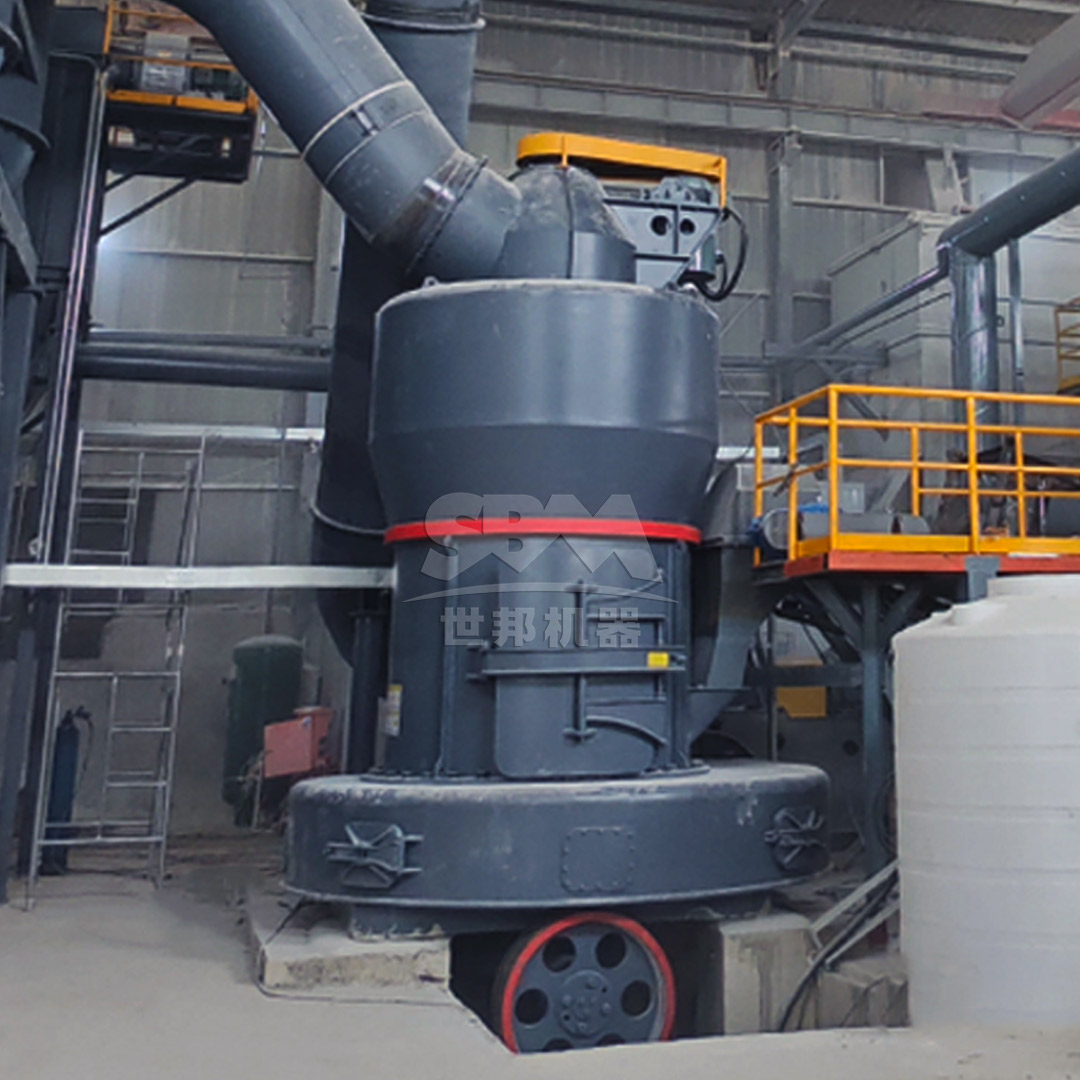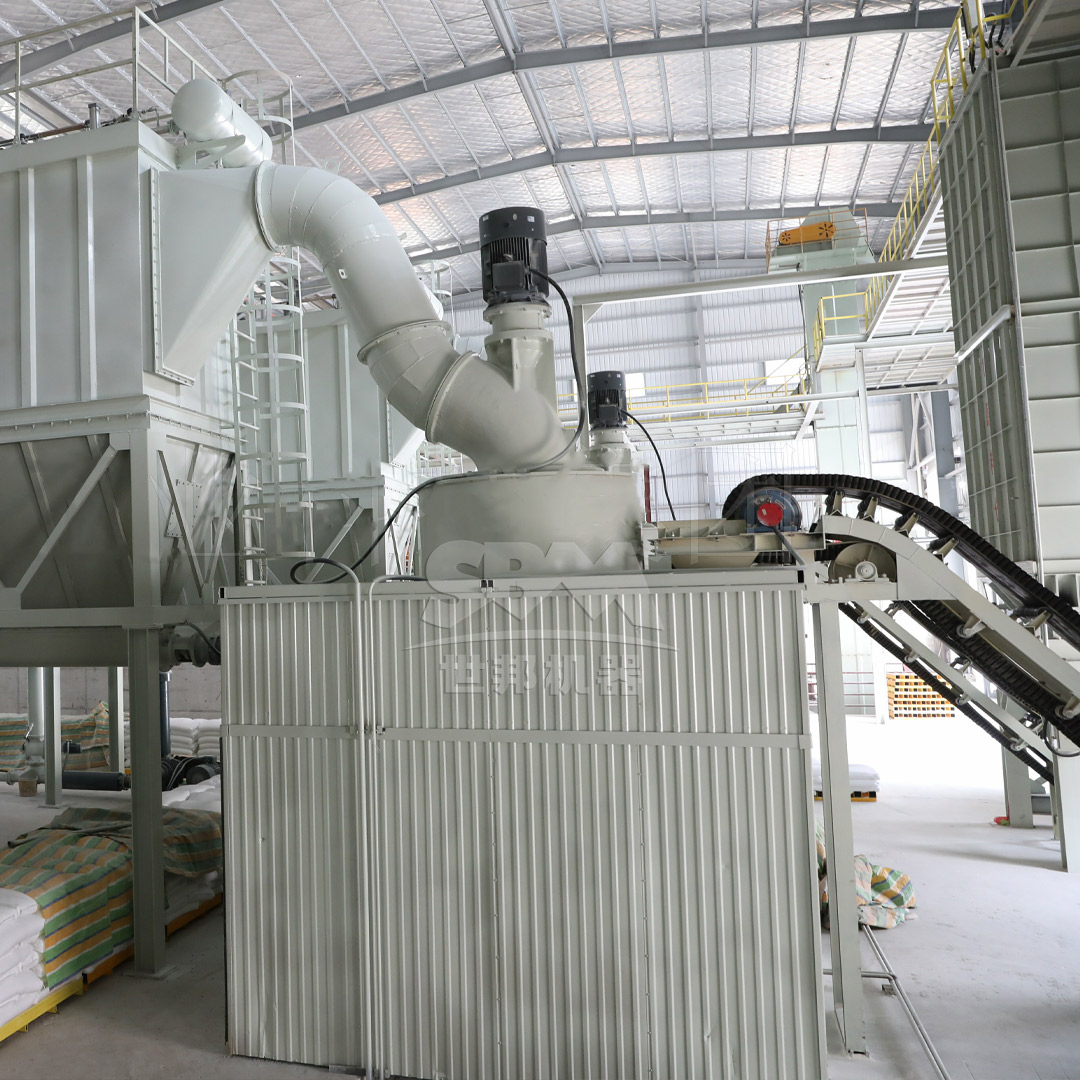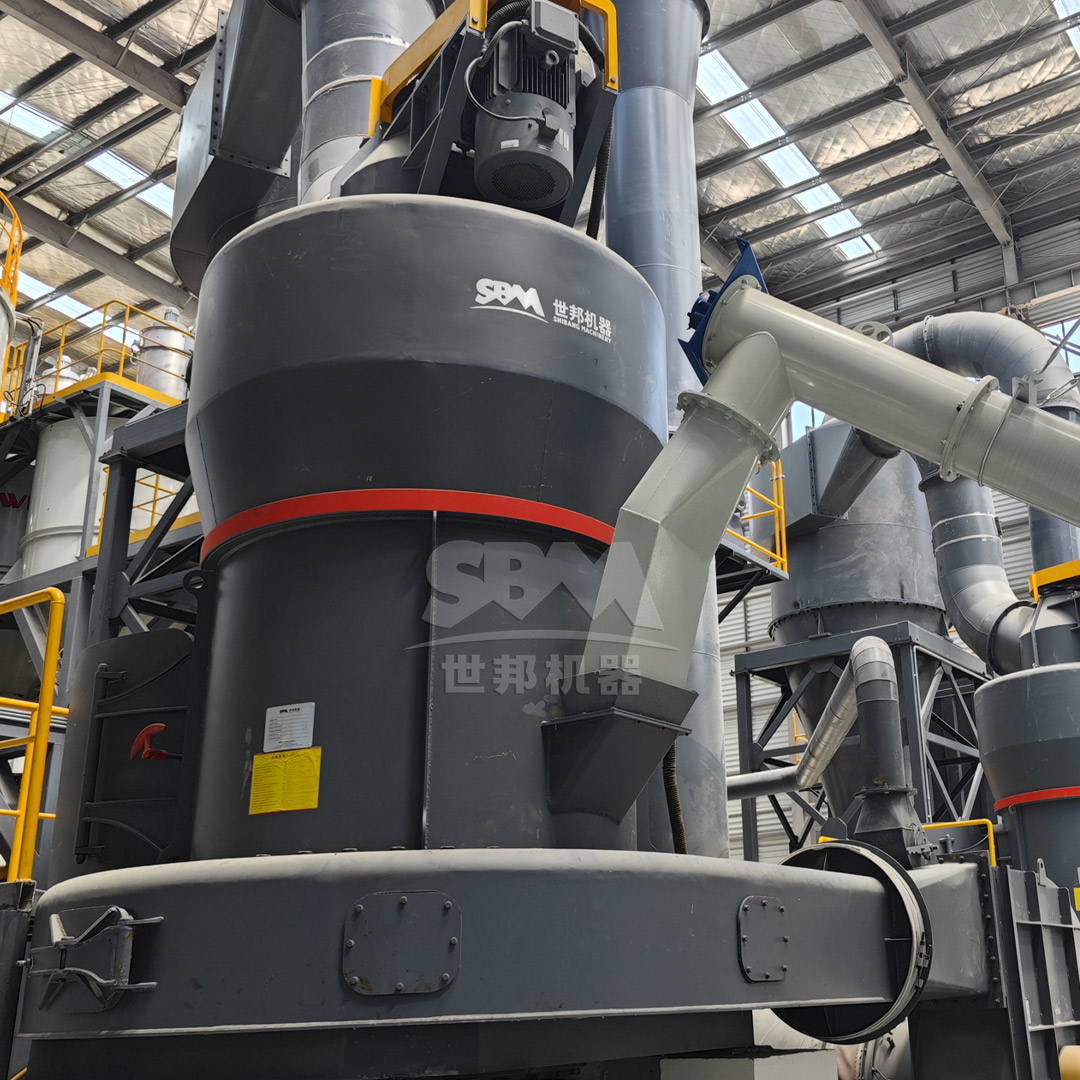Bentonite, a clay mineral with exceptional adsorption and swelling properties, is widely used as a catalyst carrier in petroleum refining, chemical synthesis, and environmental catalysis. The performance of bentonite-based catalysts heavily depends on the particle size distribution, surface area, and purity of the milled bentonite powder. Selecting the appropriate grinding mill is critical to achieving the desired physicochemical properties for catalytic applications. This article explores the key factors in bentonite grinding mill selection and highlights advanced solutions for catalyst production.

Bentonite’s layered structure and high cation exchange capacity make it ideal for catalyst support. However, its moisture sensitivity, abrasiveness, and tendency to agglomerate present challenges in grinding. For catalyst applications, the target fineness typically ranges from 325 to 2500 mesh (45-5μm), with strict requirements for particle uniformity and minimal contamination.
Various mill types are available for bentonite processing, each with distinct advantages and limitations:
| Mill Type | Optimal Fineness | Capacity Range | Energy Efficiency | Contamination Risk |
|---|---|---|---|---|
| Raymond Mill | 45-325 mesh | 3-22 t/h | Medium | Medium |
| Ball Mill | 0.074-0.8mm | 0.65-450 t/h | Low | High |
| Vertical Roller Mill | 30-325 mesh | 3-250 t/h | High | Low |
| Ultrafine Mill | 325-2500 mesh | 0.5-25 t/h | Very High | Very Low |
For high-performance bentonite catalyst production, two mill types stand out for their precision, efficiency, and product quality:
Our SCM Ultrafine Mill series represents the pinnacle of fine grinding technology, specifically designed for applications requiring superior product quality and precise particle control. With output fineness reaching 325-2500 mesh (D97 ≤ 5μm), this mill is ideal for premium catalyst production where surface area and particle uniformity are critical.

The SCM series incorporates several technological innovations that make it particularly suitable for bentonite catalyst production:
With models ranging from SCM800 (0.5-4.5 t/h) to SCM1680 (5.0-25 t/h), the series offers scalable solutions for different production requirements while maintaining energy efficiency that is 30% better than jet mills with twice the capacity.
For large-volume catalyst production where output requirements exceed 25 t/h, our MTW Series Trapezium Mill provides an excellent balance of capacity, efficiency, and product quality. With output fineness adjustable from 30-325 mesh and capacity up to 45 t/h, this mill is perfect for industrial-scale bentonite processing.
The MTW series features several proprietary technologies that enhance its performance for catalyst applications:
The mill’s working principle involves main motor-driven grinding rollers revolving around the central axis while rotating themselves, creating centrifugal force that forms a material layer between grinding rollers and rings for efficient crushing. The grading system precisely controls final particle size, ensuring consistent product quality for catalytic applications.
When selecting a grinding mill for bentonite catalyst production, several technical factors must be considered:
Catalyst performance depends heavily on particle size distribution. Narrow PSD ensures consistent catalytic activity and reaction rates. Our recommended mills feature advanced classification systems that provide excellent PSD control, with the SCM series achieving D97 ≤ 5μm and the MTW series offering precise adjustment between 30-325 mesh.
Iron contamination from wear parts can poison catalysts and reduce their effectiveness. Both recommended mill series use special material rollers and grinding rings that minimize metal contamination. The SCM series’ bearingless design further reduces contamination risks by eliminating lubrication requirements in the grinding chamber.

Bentonite’s moisture sensitivity requires careful temperature management during grinding. Both mill series incorporate efficient cooling systems and can be equipped with hot air generators for moisture control when processing natural bentonite with higher moisture content.
The selection of grinding equipment must balance initial investment with operating costs and product value. For high-value catalyst applications, the superior product quality and consistency provided by the SCM Ultrafine Mill justify its higher initial cost through premium product pricing and reduced rejection rates. For standard catalyst grades, the MTW Series offers excellent economic performance with lower capital investment and operating costs.
Our mills demonstrate significant energy advantages: the SCM series consumes 30% less energy than jet mills while providing twice the capacity, and the MTW series features curved air channels and efficient transmission systems that reduce energy consumption by 20-30% compared to conventional roller mills.
Selecting the appropriate grinding mill for bentonite catalyst production requires careful consideration of technical requirements, production scale, and economic factors. For ultra-fine applications demanding the highest product quality, our SCM Ultrafine Mill series provides unparalleled performance with precise particle control and minimal contamination. For large-scale production of standard catalyst grades, the MTW Series Trapezium Mill offers excellent capacity, efficiency, and product quality. Both solutions incorporate advanced technologies that address the specific challenges of bentonite grinding for catalytic applications, ensuring optimal performance and economic viability.
By understanding the unique requirements of bentonite catalyst production and leveraging the appropriate grinding technology, producers can achieve superior product quality, reduced operating costs, and enhanced competitiveness in the catalyst market.